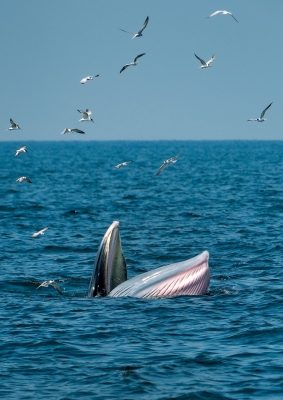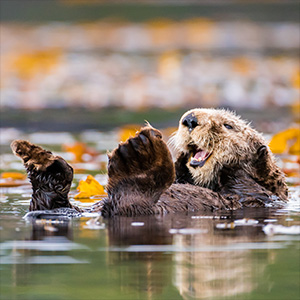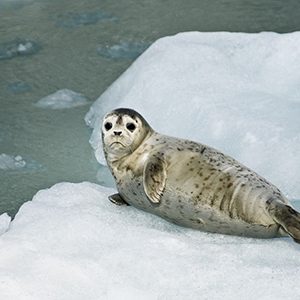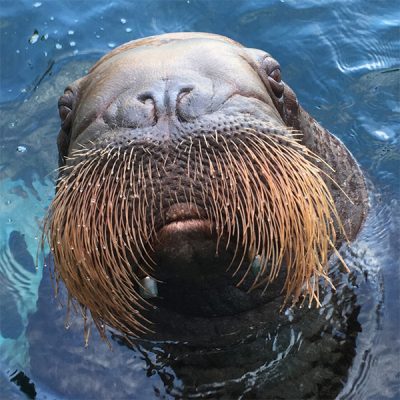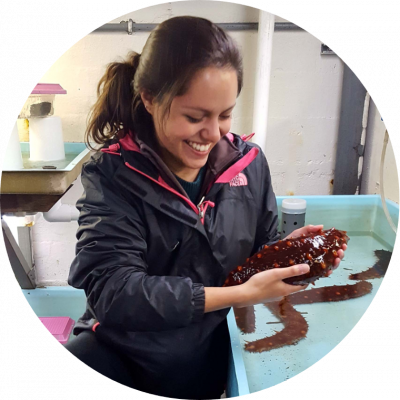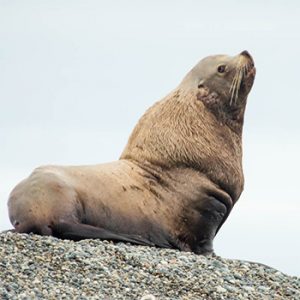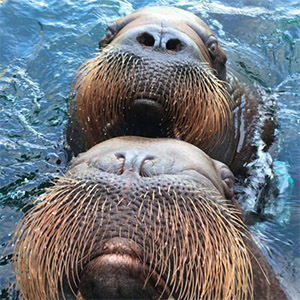IOF faculty members receive funding from Government of Canada
Dr. Marie Auger-Méthé’s Canada Research Chair in Statistical Ecology (Tier II) was renewed, and she, along with Dr. William Cheung and Dr. David Rosen received NSERC Discovery Grant funding.
Hungry, hungry otters! Looking at captive sea otters to understand their wild counterparts
These furry marine mammals seem to have bottomless stomachs — what does that mean for the habitats and species around them?
Long-term studies quantify the prey requirements of pinnipeds, and help predict the effects of nutritional stress
Two new studies by Dr. David Rosen answer the question: “How much fish does a seal need?”
Sea lions and walruses in managed care reveal how wild animals handle environmental disturbance
Knowledge about resting metabolic rates or energy expenditures can lead to big, meaningful changes for the conservation of wild animals.
How to power a walrus
New study shows loss of sea ice will require walruses to swim more and eat more to survive climate change
STUDENT PROFILE: Ana Pozas
Focusing her research on the diets of California sea lions, Pozas enjoys working with the ‘dogs of the sea’, proving that the “ocean is not such a scary place and that there’s so much to learn still.”
SPOTLIGHT: Marine Mammal Energetics and Nutrition Lab carries on with research despite COVID-19 setbacks
“It just means we have to be creative to keep research going,” said David Rosen, assistant professor and principal investigator
Go walrus, go!
Walruses live in the rapidly changing Arctic. Dr. David Rosen is trying to figure out how climate change will impact the health of young walruses.
Measuring body fat in Steller sea lions and other pinnipeds
The goal is to provide a quick, reliable tool that can be used to evaluate the physiological status of Steller sea lions and other pinnipeds in the field.

